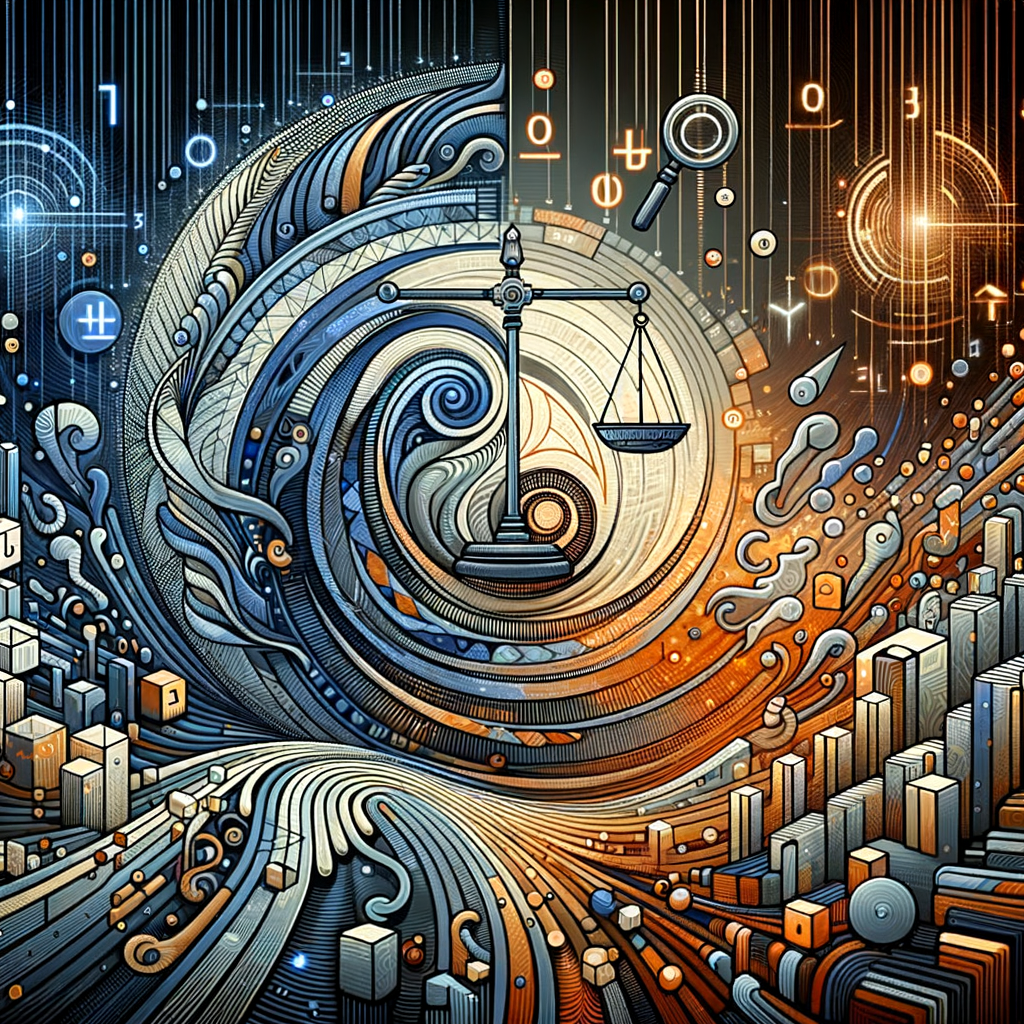**”Reuters’ AI Copyright Victory: A Game-Changer for Tech Giants”**

“`html
Reuters Wins Landmark AI Copyright Case: What It Means for AI Companies
The legal landscape for artificial intelligence has just taken a significant turn. In a groundbreaking court decision, Thomson Reuters triumphed over Ross Intelligence in an AI copyright case, setting a precedent that AI companies worldwide must heed.
The Case at a Glance
- Thomson Reuters accused Ross Intelligence of unlawfully using content from its Westlaw database to train AI models.
- The court rejected Ross’s fair-use defense, ruling in favor of Reuters.
- The verdict raises concerns for major AI players such as OpenAI, Anthropic, and XAI.
The significance of this ruling extends beyond Ross Intelligence, putting pressure on other AI firms to reassess their data collection and model training methods. If scraping proprietary content without licensing agreements was considered a gray area before, it may not be anymore.
Implications for AI Giants
This ruling is likely to send shockwaves through the AI industry, particularly for companies that rely on data scraping and content aggregation to train their models.
- Data Sourcing Concerns: AI companies may now face increased legal battles over data usage.
- Reevaluating Practices: Firms might need to prioritize partnerships and licensing deals for training data.
- Setting a Legal Precedent: This case could shape future litigation involving AI and intellectual property rights.
What’s Next?
With the growing scrutiny of AI data practices, companies might pivot toward first-party data acquisition, curated partnerships, or synthetic datasets to avoid legal setbacks.
“This ruling serves as a critical turning point for the AI industry, compelling companies to reassess their data sourcing practices and legal responsibilities.”
AI is revolutionizing industries, but with innovation comes the responsibility of ethical and legal compliance. AI companies must adapt or risk facing legal roadblocks that could hinder progress.
Final Thoughts
The balance between technological advancement and intellectual property rights remains a hot topic. As AI continues to shape the future, legal clarity on fair use and data ownership will be crucial in defining what’s possible and what’s off-limits.
What are your thoughts on this ruling? Do you think AI companies will adapt quickly enough? Share your insights in the comments!
Hashtags:
#AI #ArtificialIntelligence #CopyrightLaw #TechEthics #OpenAI #AnthropicAI #Reuters #IntellectualProperty #AIRegulation
“`
